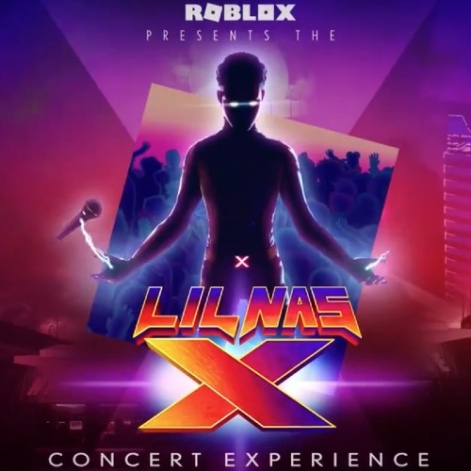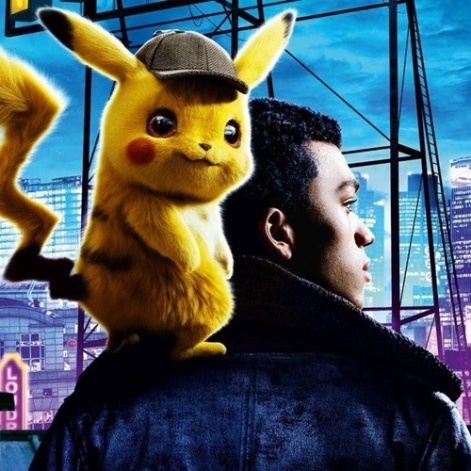Over the last three decades, we’ve seen the gaming industry transition from selling a product to selling a service. Now, gaming is a platform where − in addition to active gameplay – users can socialise, organise business meetings, watch concerts, buy fashion pieces, interact with other gamers, and so much more.
It’s big money too.
Gaming is now the biggest entertainment business by far, worth $176 billion in 2021 (according to Newzoo). Of this, mobile gaming is the fastest-growing, accounting for around $90 billion.
There’s no doubt that gaming is taking over the world: 2.8 billion people now play games across all geographies, generations, genders, and social classes. The combination of a decreasing cost of hardware and data, improving bandwidth speed, progress in devices’ technical performance, a lower barrier to entry thanks to free to play, and the emergence of a stronger middle class with more disposable income, have all contributed to gaming becoming the mainstream entertainment category ‘par excellence’.
This success also stems from gaming’s high immersion and engagement rates (Metcalfe’s Law), which has only been further exacerbated by Covid. The pandemic lit up the market for socialising through games in a safe way from home. It also forced the cancellation of many exhibitions, concerts, and other attractions, meaning brands have been searching for new ways to connect with fans ever since.
In this context, games have become a place that is ripe for cross-promotion and conversion with lots of other types of content. It’s clear that gaming platforms will be a frontier for immersive entertainment experiences in the future. Let’s take a look at some of the industries being disrupted.
Watching Others Play
Gaming cannot be reduced to active gaming anymore. Gaming has become a content category consumed massively by people who are not necessarily players themselves. Over 100 billion hours of gaming content were watched on YouTube in 2020 alone, while the watch-time of game live streams also grew to over 10 billion hours. Given these figures, it’s hardly surprising that entertainment brands are looking to gaming as the next big thing.
The gaming of today encapsulates the act of watching others play, supporting players, commenting on the performance of other players, and engaging with other fans.
Alexandre Salem
From this perspective, gaming now emulates traditional sports. In the same way that most football activity is de-correlated from active play, gaming is now much more than active gameplay. The gaming of today encapsulates the act of watching others play, supporting players, commenting on the performance of other players, and engaging with other fans. What we’re witnessing is a proliferation of gaming content on platforms such as YouTube and Twitch – but also stellar success for professional e-sport.
Over 30 million viewers tuned into last months’ Riot Games Worlds 2021 for example, broadcast in 18 languages by 19 broadcasters across 34 platforms – and there is serious money involved. A $3 million cash payout was awarded to the winner of the Fortnite World Cup, with similarly huge amounts of money being offered up for participants of equivalent events.
Live-streaming and VOD (video-on-demand) are also bigger than ever. Pewdiepie is one of the most popular streamers on YouTube, with 110 million subscribers. Videos of him playing Minecraft often reach between 20 million and 50 million views. Shroud on Twitch is another example, with millions of highly engaged subscribers tuning in simply to watch him game and connect with other fans. In a bid to tap into this highly lucrative audience, brands are now seeking ways to engage with Gaming YouTubers beyond just livestreams, offering products for them to review, unbox, and film tutorials with.

Taking the music industry by storm
In 2018, Fortnite – along with some other multiplayer games – pushed a trend toward cross-platform gaming, making them a place where you don’t just go to play, but to hang out.
Hit kids’ game Roblox (which has over 70 million players) is one such platform. Both Roblox and Fortnite have hosted virtual music concerts in recent months, drawing in millions of viewers. Lil Nas X performed a concert on Roblox in November last year for example, watched by a staggering 33 million. Stating its intent to bridge further into the world of entertainment, Fortnite recently built a high-tech studio in LA to allow it to hold more regular music events inside the game, and they also partnered with K-pop supergroup BTS to debut a music video on the platform, further expanding their audience.
Music groups are also getting in on the act. Radiohead for example recently held a Kid A Mnesia Exhibition as an ‘upside-down digital/analogue universe’ based on the original artwork from their LPs. It was available as a free download on PlayStation 5, Mac, and PC.

Fashion-forward
While players have been able to make custom avatars and style their appearance in games for some time now, things are cranking up a notch. We’re seeing a new generation of consumers emerge that place as much value in digital items – such as fashion pieces and merchandise – as the real thing. More and more, consumers are willing to spend real money to express themselves virtually, and fashion houses are noticing.
Louis Vuitton for example recently partnered with esports organiser Riot Games for the League Of Legends World Championship. The winner of the tournament received a Cup in a uniquely designed Louise Vuitton trophy case. Dior has also worked alongside Snapchat to design three new augmented reality lenses, including a Dior Oblique mask which superimposed the brand’s historic monogram onto players’ faces.
Hermes has also shown its interest. During its annual show jumping competition in Paris, Saut Hermès, it released H-pitchhh, its virtual take on traditional horseshoe pitching. Players could gain points for throwing five horseshoes as close as possible to a stake, while in-game environments varied from a fantastical garden to the staircase in the home of Hermès itself.

Gaming hits Hollywood
The film sector is another goliath looking to gaming as a potential (and significant) cash-cow. With already established fan bases and global appeal, Gaming IP is now being adapted for film and TV. Just look at The Witcher, which debuted on Netflix in 2019, or Detective Pikachu, which hit $433 million in revenues globally. There is clear appetite for a crossover between these two worlds from consumers and production houses alike.
Netflix is in the process of making live-action Resident Evil and Assassin’s Creed series, and a League of Legends game
Alexandre Salem
In an interview last year, Netflix CEO Reed Hastings said that the company’s main competition was actually Fortnite, not HBO. Netflix has previously launched gaming-inspired experiences, such as 2018’s Black Mirror: Bandersnatch, however the company is now making deeper moves into the space. Just last month it launched Arcane – the first TV spin-off series for popular game ‘League of Legends’.
Arcane was Netflix’s second most-watched English-language TV series globally during the week of 8-14 November, and was also the first Netflix series to be co-streamed on Twitch. Furthermore, Netflix is in the process of making live-action Resident Evil and Assassin’s Creed series, and a League of Legends game, titled Hextech Mayhem, will be available soon for Netflix subscribers.
Games as a platform: a new paradigm for the entertainment industry
All types of media and entertainment companies are now fighting for the same eyeballs in what has become a global entertainment competitive landscape. In that context, traditional frontiers across entertainment categories (books, TV, music, and gaming) are blurring, and the situation is ripe for innovation – not just in terms of the types of content being delivered to audiences, but entire business models and marketing strategies.
There’s no doubt that gaming is now the biggest entertainment form in revenue; it spans all demographics and is more social than any other type of media. Beyond the sheer quantity of time consumers are spending on games, the way that games have evolved into immersive and multi-faceted virtual worlds has made them uniquely interactive and compelling storytelling mediums.
For this reason, Gaming is uniquely positioned to become the epicenter of the entertainment industry metamorphosis, and will increasingly cannibalise other forms of entertainment. What industry will it disrupt next? Watch this space!

